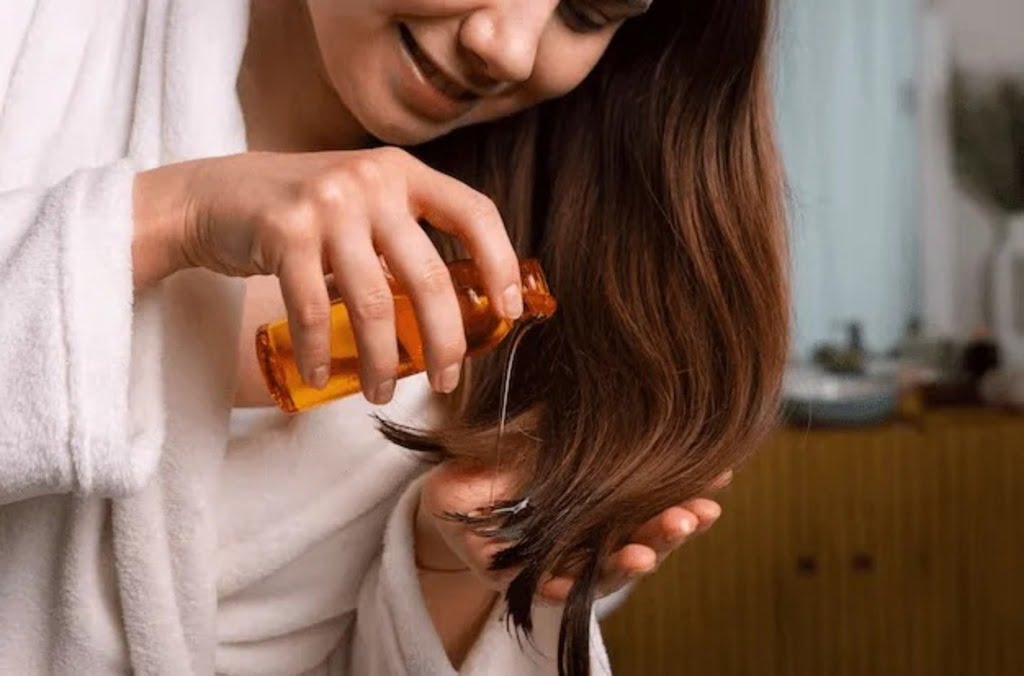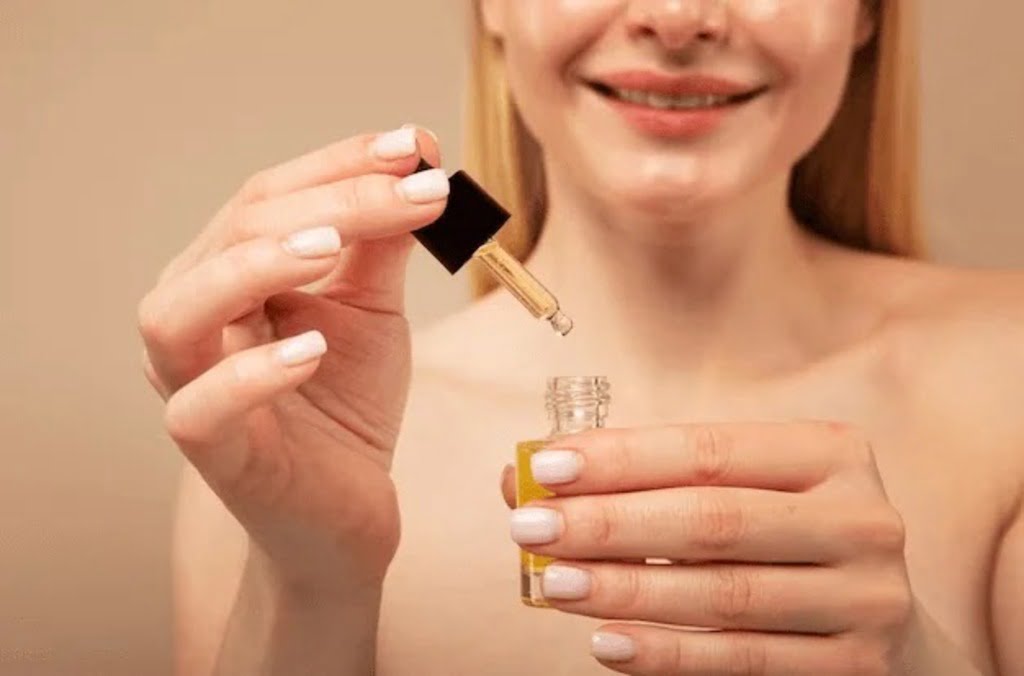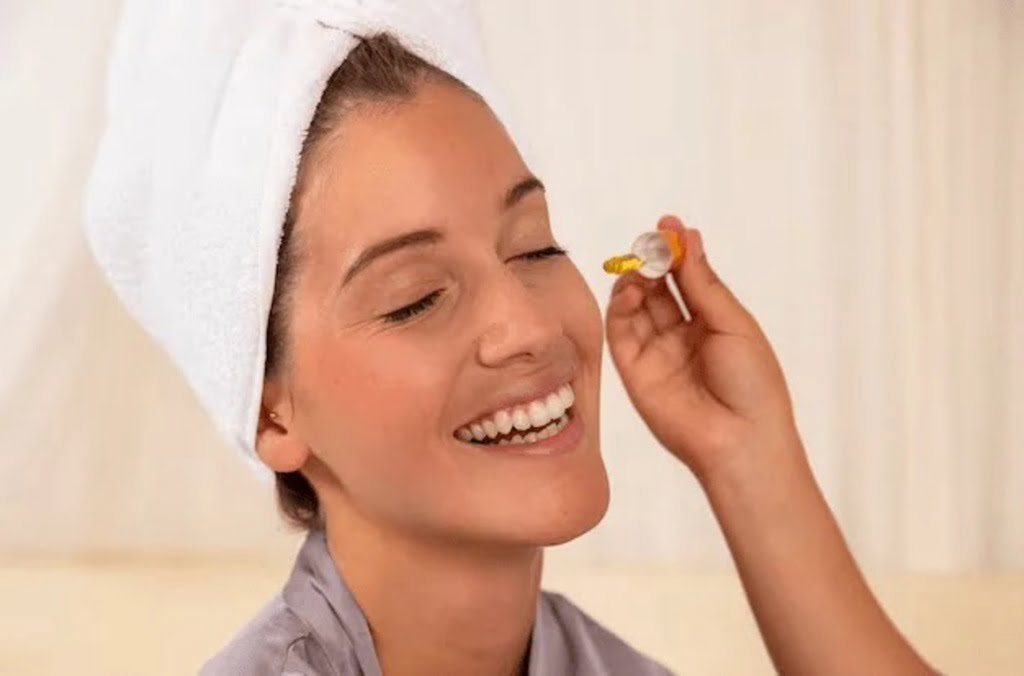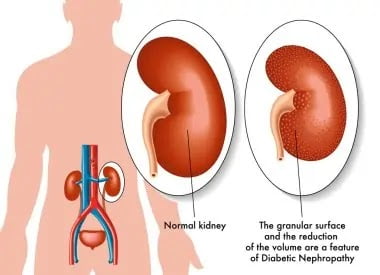
Vitamin E is a fat-soluble nutrient that has many health benefits for women. It is an antioxidant that helps protect the cells from free radical damage, which can cause aging, inflammation, and disease. Vitamin E also supports the immune system, cell function, and skin health. In this article, we will explore how vitamin E can benefit your hair, nail, and skin, and how you can get more of it from your diet and supplements.
How Vitamin E Benefits Your Hair
Vitamin E can help improve your hair quality and growth in several ways. First, it can help prevent hair loss by reducing oxidative stress in the scalp. Oxidative stress is a condition where there is an imbalance between free radicals and antioxidants, which can damage the hair follicles and inhibit hair growth. A small study from 2010 found that vitamin E supplements improved hair growth in people with hair loss.
Second, vitamin E can help improve blood circulation to the scalp, which is essential for delivering oxygen and nutrients to the hair roots. This can stimulate hair growth and increase the hair follicle size. A study from 2001 found that increased blood supply enhanced hair growth in mice.
Third, vitamin E can help moisturize and protect the scalp and hair from dryness, irritation, and damage. Vitamin E helps create a protective barrier on the skin’s surface, which locks in moisture and prevents water loss. A dry, irritated scalp can lead to dandruff, itching, and inflammation, which can affect hair health. Vitamin E can also help repair and strengthen the hair shaft, which can reduce breakage and split ends.
Fourth, vitamin E can help restore shine and luster to your hair, which can make it look healthier and more attractive. Vitamin E can help smooth the cuticle layer of the hair, which reflects light and gives the hair a glossy appearance. Vitamin E can also help seal in moisture and prevent frizz, which can make the hair more manageable and easier to style.
How to Use Vitamin E for Your Hair

There are several ways you can use vitamin E for your hair, such as:
– Applying vitamin E oil to your scalp and hair: You can either use pure vitamin E oil or a carrier oil that contains vitamin E, such as almond, avocado, or coconut oil. Massage the oil into your scalp and hair, and leave it on for at least 30 minutes before washing it off with a mild shampoo. You can do this once or twice a week to nourish and
condition your hair.
– Taking vitamin E supplements: You can take vitamin E capsules or soft gels orally, as directed by your doctor or the label. The recommended dietary allowance (RDA) for vitamin E for adults is 15 milligrams (mg) per day. However, some studies have used higher doses of vitamin E for hair growth, ranging from 100 to 800 mg per day. You should
consult your doctor before taking high doses of vitamin E, as it can have side effects and interact with certain medications.
– Eating foods rich in vitamin E: You can also get vitamin E from your diet, by eating foods that are high in this
nutrient. Some of the best sources of vitamin E are sunflower seeds, almonds, spinach, avocado, broccoli, olive oil, wheat germ, and fortified cereals. Aim to eat a balanced and varied diet that includes plenty of fruits, vegetables,
nuts, seeds, and whole grains.
How Vitamin E Benefits Your Nail
Vitamin E can also help improve your nail health and appearance in several ways. First, it can help prevent and treat brittle, cracked, and yellow nails, which can be caused by aging, dehydration, fungal infections, or exposure to harsh chemicals. Vitamin E can help moisturize and protect the nail bed and cuticle, which can prevent dryness and damage. Vitamin E can also help fight fungal infections by boosting the immune system and reducing inflammation.
Second, vitamin E can help promote nail growth and strength, by improving blood circulation to the nail matrix, which is the part of the nail where new cells are produced. Vitamin E can also help provide essential nutrients to the nail, such as protein, calcium, and iron, which are needed for building strong and healthy nails. Vitamin E can also help prevent nail splitting and peeling, by repairing and reinforcing the keratin layer of the nail, which is the hard, protective coating of the nail.
How to Use Vitamin E for Your Nail

There are several ways you can use vitamin E for your nails, such as:
– Applying vitamin E oil to your nail and cuticle: You can either use pure vitamin E oil or a carrier oil that
contains vitamin E, such as jojoba, grapeseed, or olive oil. Massage the oil into your nail and cuticle, and leave it on overnight. You can do this every night or every other night to hydrate and heal your nails.
– Taking vitamin E supplements: You can take vitamin E capsules or soft gels orally, as directed by your doctor or the label. The RDA for vitamin E for adults is 15 mg per day. However, some studies have used higher doses of vitamin E for nail health, ranging from 50 to 400 mg per day. You should consult your doctor before taking high doses of vitamin E, as it can have side effects and interact with certain medications.
– Eating foods rich in vitamin E: You can also get vitamin E from your diet, by eating foods that are high in this
nutrient. Some of the best sources of vitamin E are sunflower seeds, almonds, spinach, avocado, broccoli, olive oil, wheat germ, and fortified cereals. Aim to eat a balanced and varied diet that includes plenty of fruits, vegetables, nuts, seeds, and whole grains.
How Vitamin E Benefits Your Skin
Vitamin E is one of the most important nutrients for your skin health and beauty. It has many benefits for your skin, such as:
– Fighting wrinkles and signs of aging. Vitamin E can help reduce the appearance of fine lines, wrinkles, and sagging skin, by boosting the production of collagen and elastin, which are the proteins that give the skin its structure and elasticity. Vitamin E can also help prevent and repair the damage caused by UV rays, pollution, and other environmental factors, by neutralizing the free radicals that cause oxidative stress and premature aging.
– Lightening scars and stretch marks: Vitamin E can help fade the appearance of scars and stretch marks, by promoting skin regeneration and healing. Vitamin E can also help reduce the inflammation and redness associated with scars and stretch marks, by soothing and calming the skin.
– Moisturizing the skin: Vitamin E can help hydrate and nourish the skin, by restoring the natural moisture barrier of the skin, which prevents water loss and keeps the skin soft and supple. Vitamin E can also help balance the oil production of the skin, by regulating the sebum glands, which can prevent acne and oily skin.
– Helping treat dark circles and puffiness: Vitamin E can help brighten and depuff the eye area, by improving blood circulation and lymphatic drainage, which can reduce the accumulation of fluid and blood under the eyes. Vitamin E can also help protect the delicate skin around the eyes from sun damage and free radical damage, which can cause dark circles and wrinkles.
– Helping heal chapped lips: Vitamin E can help soothe and heal dry, cracked, and peeling lips, by moisturizing and
protecting the lips from dehydration and damage. Vitamin E can also help prevent and treat cold sores, by boosting the immune system and fighting the herpes simplex virus, which causes cold sores.
– Treating hyperpigmentation and uneven skin tone: Vitamin E can help even out the skin tone and reduce the appearance of dark spots, melasma, and freckles, by inhibiting the enzyme tyrosinase, which is responsible for the production of melanin, the pigment that gives the skin its color. Vitamin E can also help enhance the effects of other
skin-lightening agents, such as vitamin C, kojic acid, and arbutin.
How to Use Vitamin E for Your Skin

There are several ways you can use vitamin E for your skin, such as:
– Applying vitamin E oil or cream to your skin: You can either use pure vitamin E oil or a cream that contains
vitamin E, such as a moisturizer, serum, or eye cream. Apply the oil or cream to your skin after cleansing and toning, and massage it gently until it is absorbed. You can do this once or twice a day to nourish and protect your skin.
– Taking vitamin E supplements: You can take vitamin E capsules or soft gels orally, as directed by your doctor or the label. The RDA for vitamin E for adults is 15 mg per day. However, some studies have used higher doses of vitamin E for skin health, ranging from 200 to 1200 mg per day. You should consult your doctor before taking high doses of vitamin E, as it can have side effects and interact with certain medications.
– Eating foods rich in vitamin E: You can also get vitamin E from your diet, by eating foods that are high in this
nutrient. Some of the best sources of vitamin E are sunflower seeds, almonds, spinach, avocado, broccoli, olive oil, wheat germ, and fortified cereals. Aim to eat a balanced and varied diet that includes plenty of fruits, vegetables, nuts, seeds, and whole grains.
Conclusion
Vitamin E is a powerful nutrient that can benefit your hair, nails, and skin in many ways. It can help prevent and treat various problems, such as hair loss, brittle nails, wrinkles, scars, and dark circles, by providing antioxidant, anti-inflammatory, and moisturizing effects. You can get more vitamin E from your diet, supplements, or topical products, depending on your needs and preferences. However, you should always consult your doctor before taking
FAQs
Q: What is vitamin E and why is it important for women’s health?
A: Vitamin E is a fat-soluble nutrient that has antioxidant properties and supports the immune system, cell function, and skin health. It can help protect the body from free radical damage, inflammation, and disease. Vitamin E is especially important for women’s health, as it can help prevent and treat various problems, such as hair loss, brittle nails, wrinkles, scars, and dark circles.
Q: How can I get more vitamin E from my diet?
A: You can get vitamin E from various foods, such as sunflower seeds, almonds, spinach, avocado, broccoli, olive oil, wheat germ, and fortified cereals. Aim to eat a balanced and varied diet that includes plenty of fruits, vegetables, nuts, seeds, and whole grains. The recommended dietary allowance (RDA) for vitamin E for adults is 15 milligrams (mg) per day.
Q: Can I use vitamin E oil or cream for my hair, nails, and skin?
A: Yes, you can apply vitamin E oil or cream to your hair, nails, and skin to nourish and protect them. Vitamin E oil or cream can help moisturize, repair, and strengthen the hair, nails, and skin, as well as improve blood circulation, reduce inflammation, and fight infections. You can use pure vitamin E oil or a carrier oil that contains vitamin E, such as almond, avocado, or coconut oil. You can also use a moisturizer, serum, or eye cream that contains vitamin E.
Q: How often should I use vitamin E oil or cream for my hair, nails, and skin?
A: The frequency of using vitamin E oil or cream depends on your personal preference and needs. Generally, you can use vitamin E oil or cream once or twice a day, or as needed. For example, you can apply vitamin E oil to your scalp and hair before washing them, or to your nail and cuticle before going to bed. You can also apply vitamin E cream to your skin after cleansing and toning, or to your lips whenever they feel dry.
Q: Are there any side effects or risks of using vitamin E oil or cream for my hair, nails, and skin?
A: Vitamin E oil or cream is generally safe and well-tolerated for topical use. However, some people may experience allergic reactions, such as rash, itching, swelling, or redness. If you have sensitive skin, you should do a patch test before using vitamin E oil or cream. You should also avoid applying vitamin E oil or cream to open wounds, infected areas, or broken skin. If you experience any adverse effects, stop using vitamin E oil or cream and consult your doctor.


